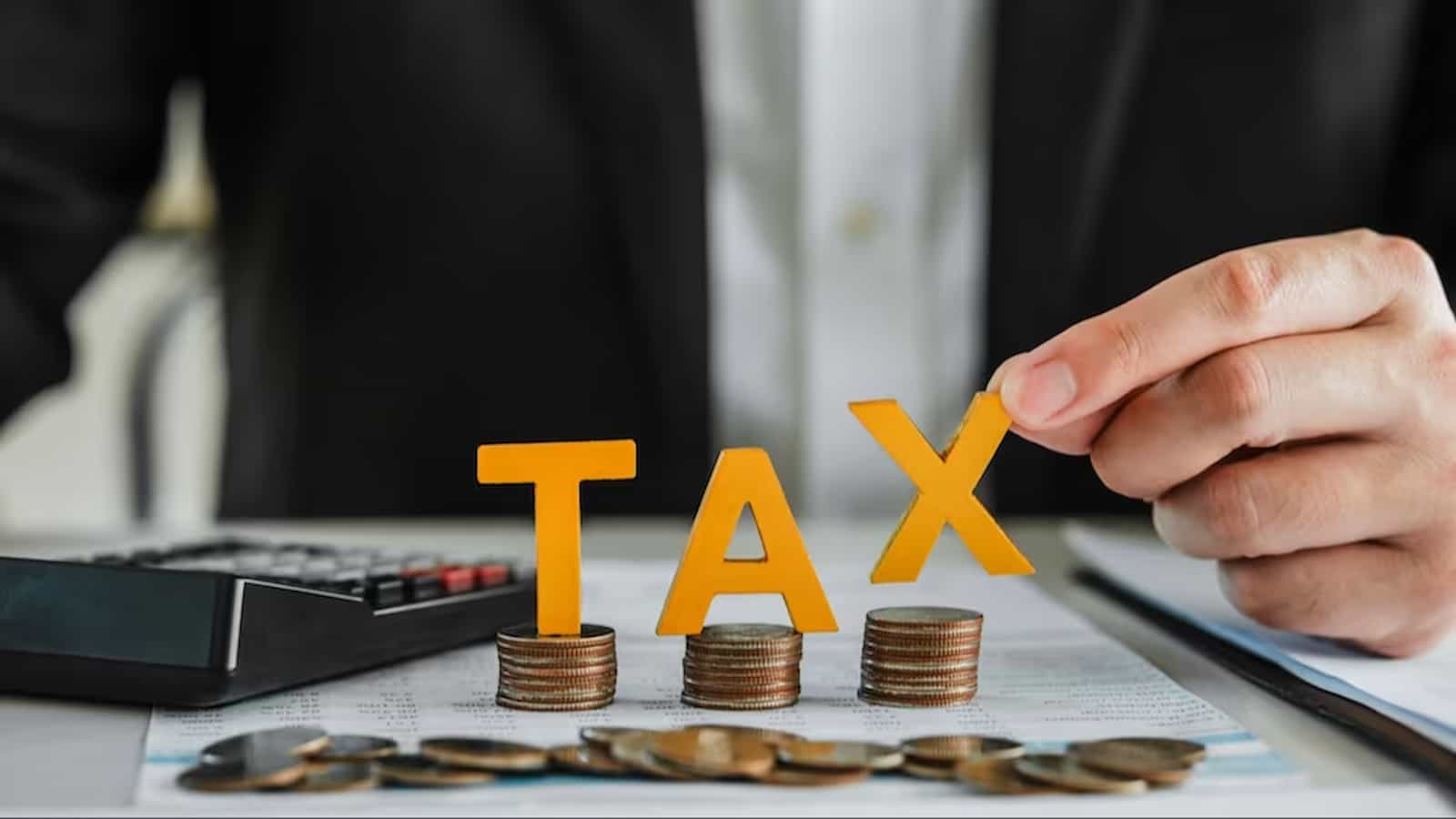Income Tax: Indian benchmarks have grown almost threefold over the past decade. The stock market’s meteoric rise has also attracted retail investors to Indian equity markets.
Dividend distribution tax (DDT), long-term capital gains (LTCG), and short-term capital gains (STCG) are taxes that investors must understand.
Taxes can reduce total returns if investors do not engage in proactive tax management.
This article aims to provide some easy tax management rules for retail investors in order to minimize their tax obligations and maximize their gains.
Also Read: Understanding Tax Obligations: Earnings from Online Gaming and TV Shows
In order to minimise tax liability, retail investors should understand the pecking order of investments. A well-balanced portfolio includes both taxable and tax-exempt assets.
Tax-free investments include tax-saving fixed deposits, NPS, Sukanya Samriddhi Yojana, EPF, PPF, etc.
When all tax-free deposits under these schemes have been utilized, investors can explore various investment options, such as the stock market, bonds, commodities, etc.
For investors in high-tax brackets, growth stocks are a better choice than dividend stocks, because dividend income is taxed at the same rate as current income.
Also Read: Inheritance Tax Explained: Understanding How It Works in Countries Like the US
Because of their high dividend yields, PSUs and FMCG stocks can result in higher tax liabilities. Conversely, capital gains from the stock market are limited to 15%.
An important way to reduce tax liability is to invest in assets that can be indexed.
By including inflation in the acquisition cost of certain investments, such as real estate and sovereign gold bonds, indexation lowers the total tax burden.
Additionally, investors can invest long-term capital gains in 54EC Capital Gain Bonds, which are exempt from taxation if they are derived from the sale or transfer of real estate.
The LTCG tax does not apply to gains of up to 1 lakh per annum from equity or equity-linked mutual funds.
A systematic withdrawal of up to Rs. 1 lakh from long-term investments reduces tax liabilities substantially.
The investor can also book profits and rebuy the same securities and hold them for a longer period, maintaining gains within the exempted limit.
Also Read: US Senate to Vote on Child Tax Credit Expansion
Furthermore, investors can lower their tax burden by selling investments that aren’t doing well and using the proceeds to offset other gains.
Short-term capital losses can be written off either as long-term capital gains or as short-term capital losses under the Income Tax Act.
It is possible to lower the tax burden by booking losses in years with higher-than-usual gains and using them to offset capital gains in the current year.
In addition to straightforward strategies, investors seeking returns from foreign markets ought to invest in countries where India has linked the Double Taxation Avoidance Agreement (DTAA), which shields investors from paying taxes twice on their income: once in their home country and once in their country of origin.
Non-resident Indians looking to invest in the Indian market may want to consider Gujarat GIFT City products, since capital gains from selling units in the city are not taxed.
Also Read: Important Updates for Income Tax Return Filing: Form 16 Issue Date and ITR Forms for FY23-24


















